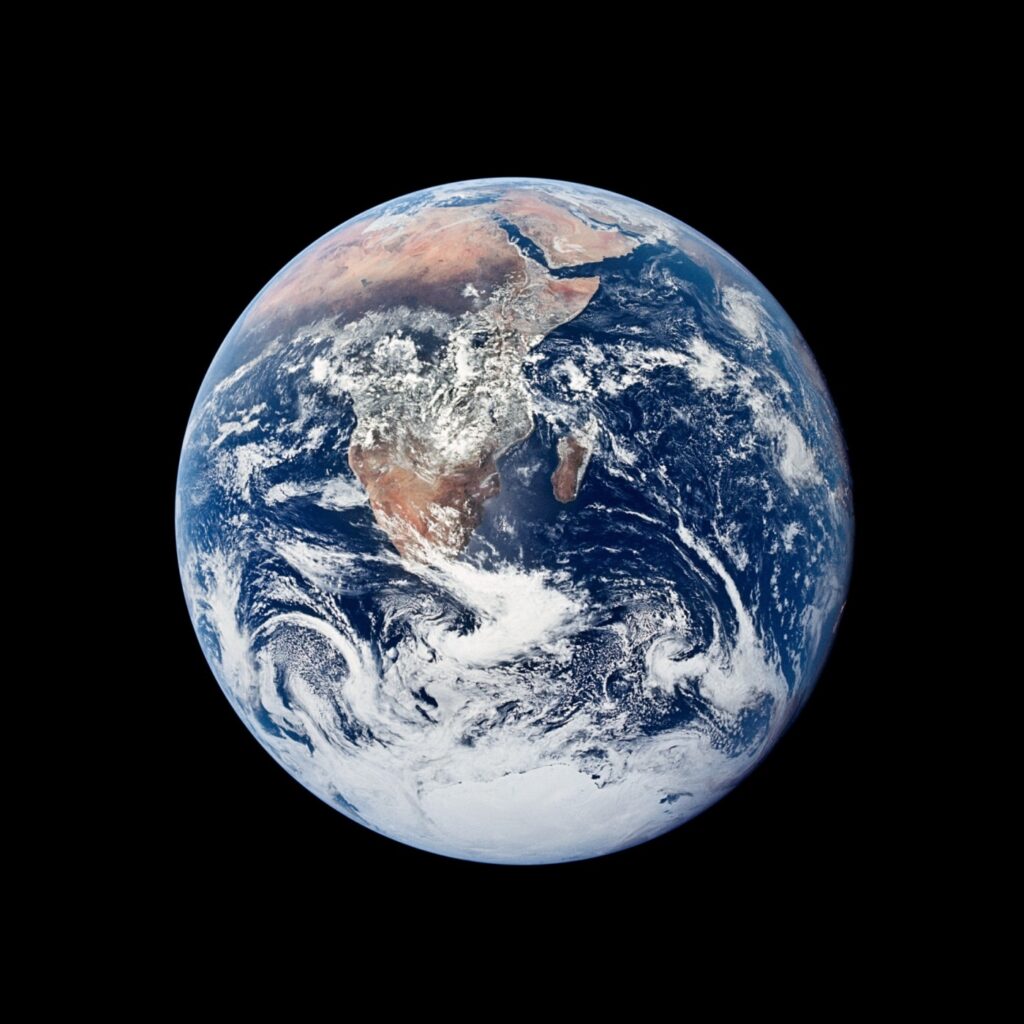
Last week, discussing the vagaries of international commerce in a time of pandemic, war and the climate emergency, I’m afraid I used the words “globalism” and “globalism” fairly interchangeably. The former is planning economics on a global basis; the latter, the way businesses operate internationally. Both involve hopes and fears.
That’s what I talked about with the current director general of the Thunderbird School of Global Management in Phoenix the other evening. Sanjeev Khagram has impeccable internationalist credentials: of Indian heritage, and a Hindu, as a child his family fled from Idi Amin’s Uganda, and came to the United States in 1973 via refugee camps in Italy. He has three Stanford degrees: a bachelor’s in development studies and engineering, a master’s in economics and a Ph.D. in political economy. He’s lived in Brazil, India, Kenya, Mexico, Nigeria, South Africa, Thailand, Germany and the United Kingdom.
I asked him: Has the globalism his school — my school — preaches really gone south?
“If we are rigorous about what we are talking about, there are two or three concepts to think about, historically, now, and in the future,” he said.
“Globalism and globalization — these are dynamic processes. They bring the world closer together, connecting us more deeply, so we are more enmeshed. They are not just economic phenomena — they are cultural, environmental. It’s not ‘the end of history,’” as Francis Fukuyama so infamously declared in 1992.
Khagram says Globalism 1.0 was the age of exploration up to the first industrial revolution, in the 19th century, in the age of colonialism and empire. World War II was certainly an international event, but led to regression in globalization — and the founding of Thunderbird. Era 2.0 is after the Bretton Woods Conference and a new international order, and also, from 1945 to ‘73, the Cold War between the West and the Soviet Union. “But changes were happening,” he notes, with international telephony, the fax and the internet. With the fall of the Berlin Wall, “3.0 is post-Cold War to the global financial crisis of 2008.”
And today?
“4.0 is the messy now,” he says. “We have the breadth and depth of international economics across borders. We have technological and commercial advances, and governmental and environmental problems. Is everything better? It’s much more complicated than that. But 3.0 led to the greatest decline in human poverty ever, and the greatest growth in wealth. Nations are interconnected like never before. At Thunderbird, we are founded on the maxim that borders frequented by trade seldom need soldiers. And that connectedness is not just economic. Connected culture is happening globally in deep ways.”
I note that some blame the COVID-19 pandemic on globalism, that it showed the dangers of travel and of a shut-down supply chain.
“But the greatest panacea for it was vaccines, which were completely dependent on global corporations and cooperation by governments,” he replies.
And the Russian invasion of Ukraine?
“Governments do nasty things, like other actors do. It does not mean the end of globalism. It means we have to figure out an equitable globalization. It’s not an end point. But there is fear, anxiety and loss as well as gain. Globalism means winners and losers — it’s change. But we also now know a tremendous richness. We experience different ways of thinking, foods, art; the beauty of the human experience gets multiplied in so many incredible ways. How bereft we would be if we went to a world of island states! We are all in this quest for a stable and interconnected world.”
Larry Wilson is on the Southern California News Group editorial board. lwilson@scng.com.
